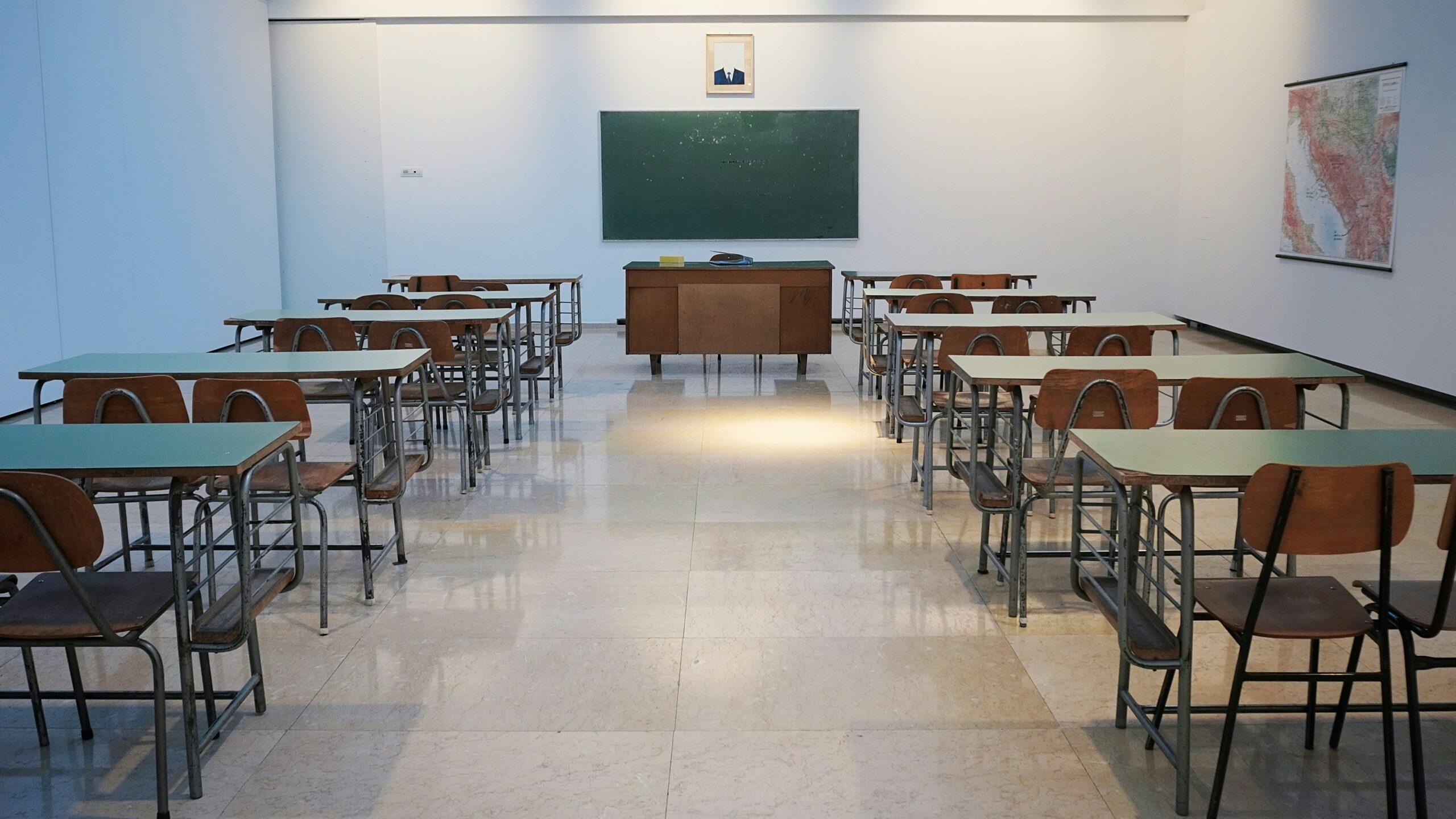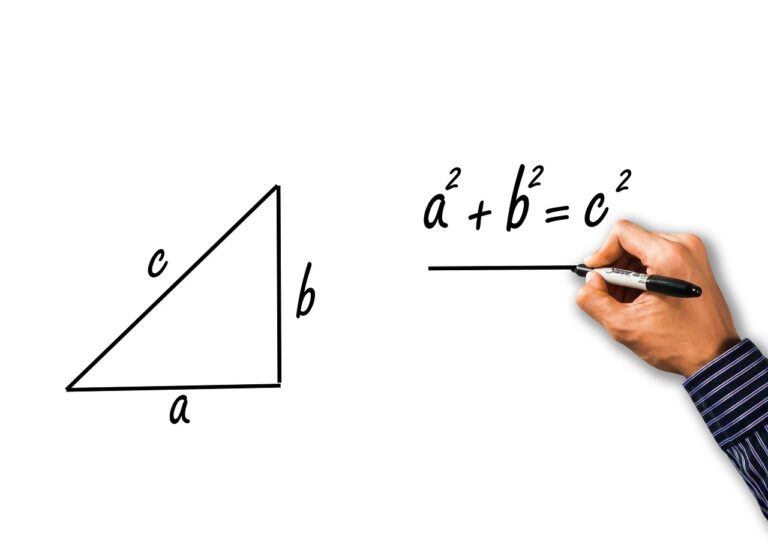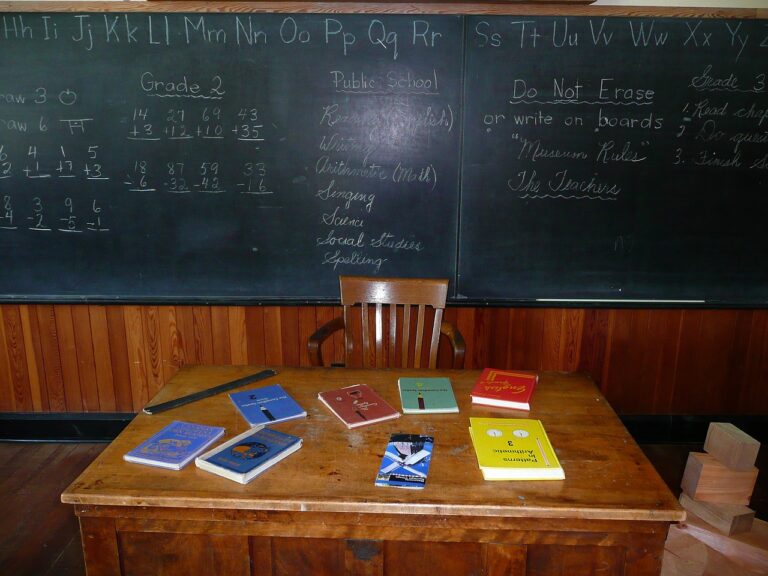The Art of Formative Assessment: Enhancing Learning through Feedback
Formative assessment is a valuable tool utilized by educators to gauge student understanding and progress during the learning process. Unlike summative assessment, which occurs at the end of a unit or course to evaluate learning outcomes, formative assessment is ongoing and allows teachers to adjust their instruction in real time.
Through various formative assessment strategies such as quizzes, discussions, and observations, teachers can identify areas where students are excelling and where they may need additional support. By providing timely and specific feedback to students based on these assessments, educators can guide them towards a deeper understanding of the material being taught.
Formative assessment is used by educators to gauge student understanding and progress during the learning process.
It is ongoing and allows teachers to adjust their instruction in real time.
Strategies such as quizzes, discussions, and observations help identify areas where students excel or need additional support.
Timely and specific feedback based on formative assessments can guide students towards a deeper understanding of the material.
The Importance of Feedback in Learning
Feedback in learning serves as a crucial element for students to gauge their progress and improve their understanding. It provides learners with valuable insights into their strengths and areas in need of development. Through constructive feedback, students can identify their mistakes, reflect on their approaches, and make necessary adjustments to enhance their learning outcomes.
Moreover, effective feedback fosters a supportive learning environment where students feel encouraged to take risks, ask questions, and actively engage in the learning process. By offering timely and specific feedback, educators can guide students towards achieving their learning goals and building confidence in their abilities. It plays a pivotal role in shaping students’ learning experiences and helping them reach their full potential.
Effective Feedback Strategies
Feedback is a critical component of the learning process, helping students understand their progress and areas for improvement. One effective strategy is providing specific and actionable feedback that is tied directly to the learning objectives. This targeted feedback allows students to clearly see how they can enhance their understanding and skills.
In addition to specificity, timeliness is key when delivering feedback to students. Providing feedback promptly after an assignment or assessment allows students to quickly apply the feedback to their learning. This helps to reinforce the connection between their actions and the outcomes, leading to more effective learning outcomes.
What is formative assessment?
Formative assessment is the process of gathering feedback and monitoring student progress during the learning process. It allows teachers to adjust their teaching methods and provide targeted feedback to help students improve.
Why is feedback important in learning?
Feedback is important in learning because it provides students with valuable information on their strengths and areas for improvement. It helps to guide students towards achieving their learning goals and allows them to make necessary adjustments to their learning strategies.
What are some effective feedback strategies?
Some effective feedback strategies include providing specific and actionable feedback, focusing on the task rather than the individual, offering feedback in a timely manner, and encouraging students to reflect on their own work. Additionally, using a mix of positive and constructive feedback can help motivate students to continue improving.






